"We live in a high tech world—with high tech classrooms. We embrace the benefits of using iPads during class, integrating tweets during presentations, and teaching students while using smart TVs. We know the many benefits of incorporating technology while teaching, such as adding diversity to lessons, increasing student interaction, and to bringing new perspectives and knowledge to the class.
But there can be a negative side resulting from inappropriate or overuse of technology, and that negative side can have serious and long-term consequences."



 Your new post is loading...
Your new post is loading...
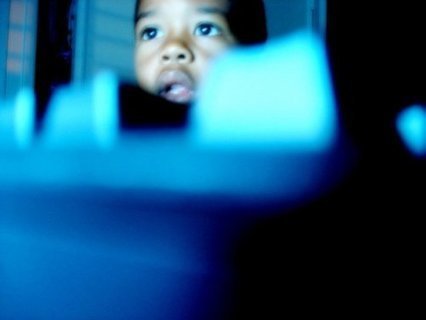


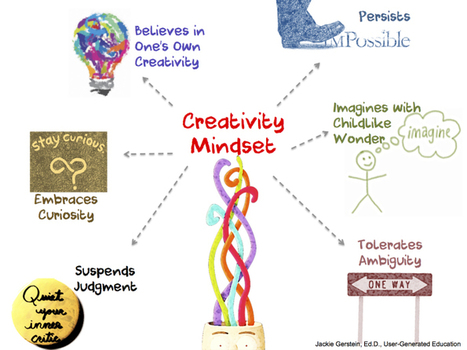

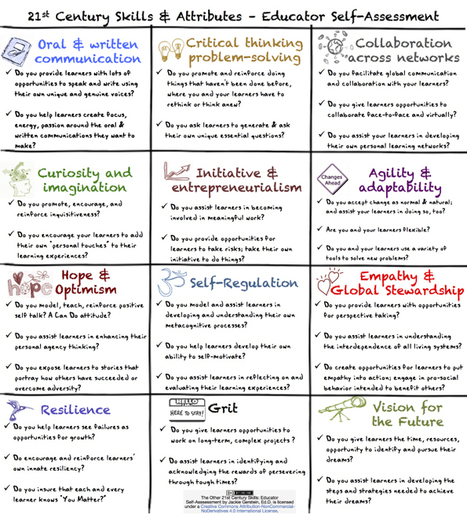


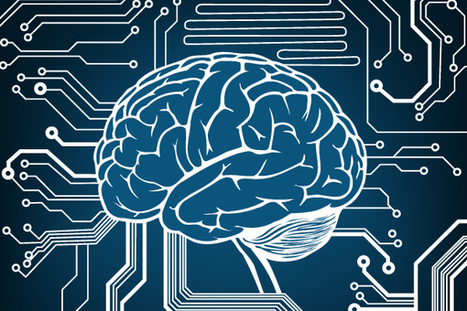

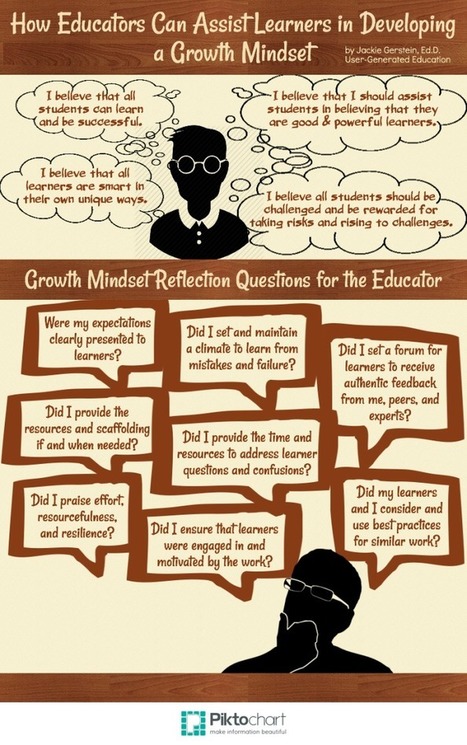
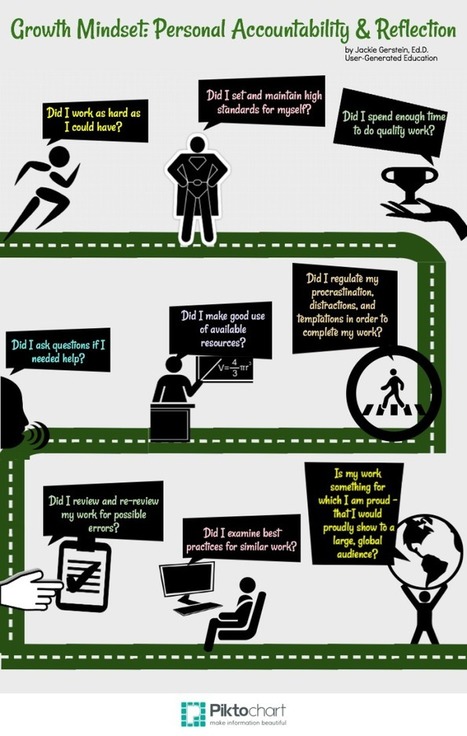
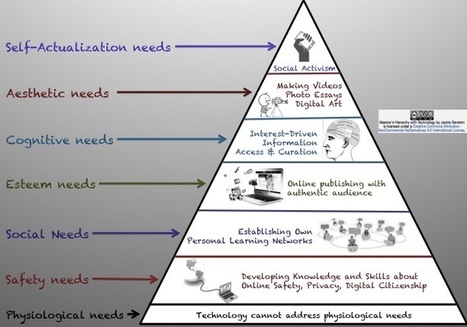


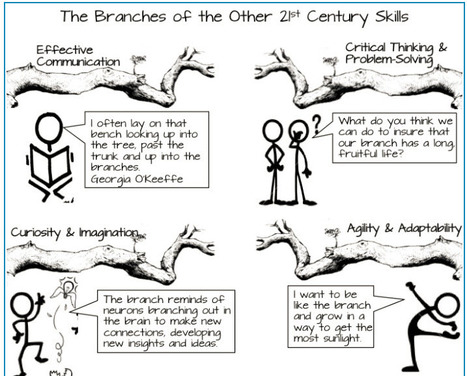


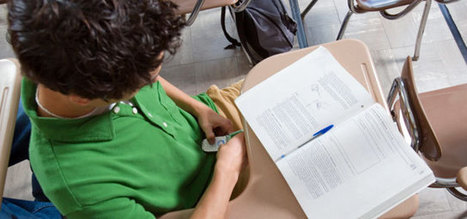
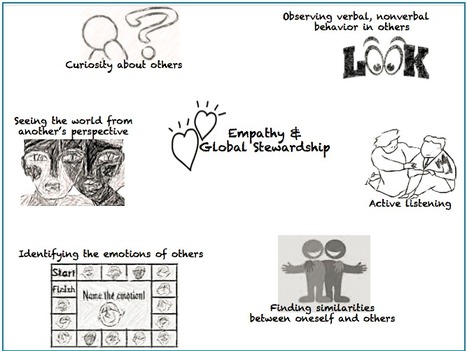

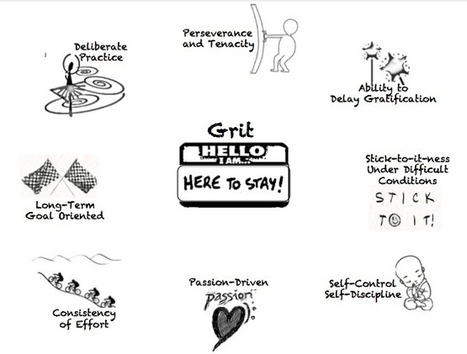

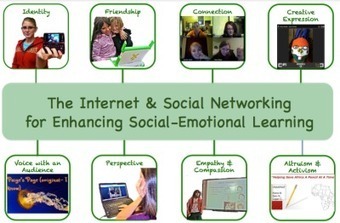


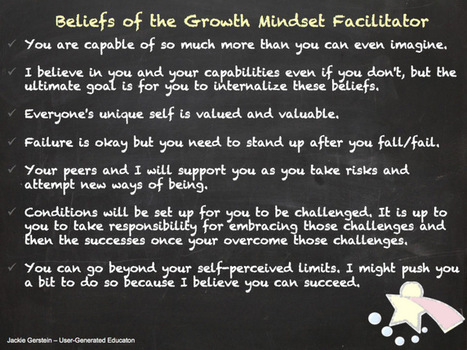
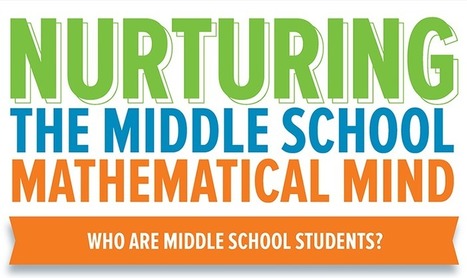
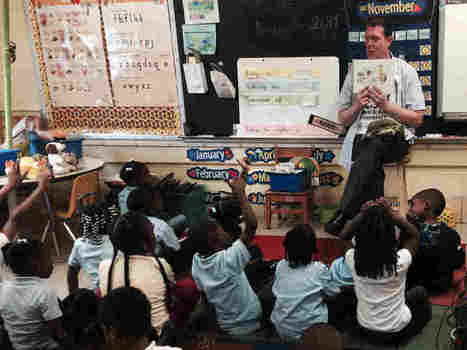

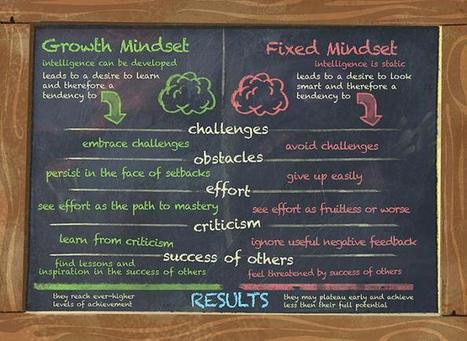


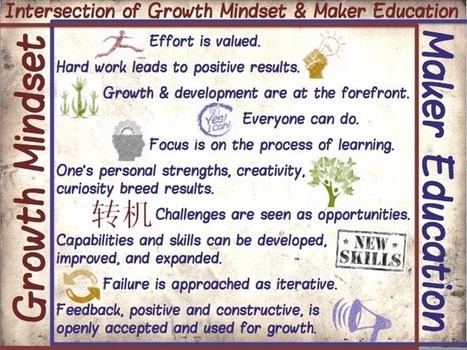


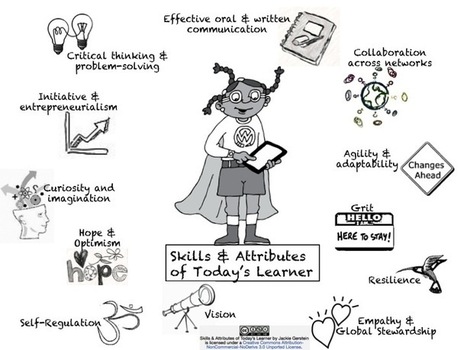

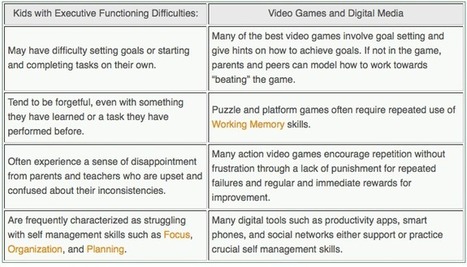



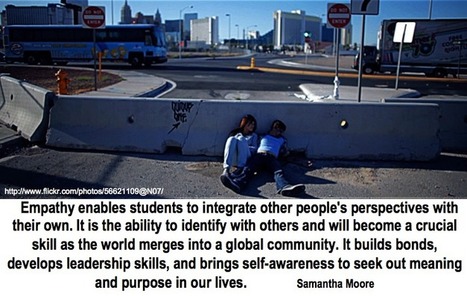






Technology has many benefits, but it can also cause harm. Edudemic shares updated information on some of the harmful effects technology may bring, as well as five ways you may address the harmful impacts. Two of the harmful effects are below.
1. Technology changes the way children think. Research shows that "the use of technology can alter the actual wiring of the brain." There may be benefits to this, but there are some known issues that are discussed in the post.
2. Technology changes the way children feel. A study of two groups of 6th graders showed that those who "no access to technology for five days" were more empathetic than those who were using it. Studies also show that children who use technology more than 4 hours a day may experiences difficulties in "social skills and emotional reactions."
In addition to two additional negative impacts the five suggestions include:
* Teach responsible usage.
* Use classroom technology intentionally.
These are issues that are impacted by how students use technology outside of school. You may want to include some of this information in a parent newsletter.